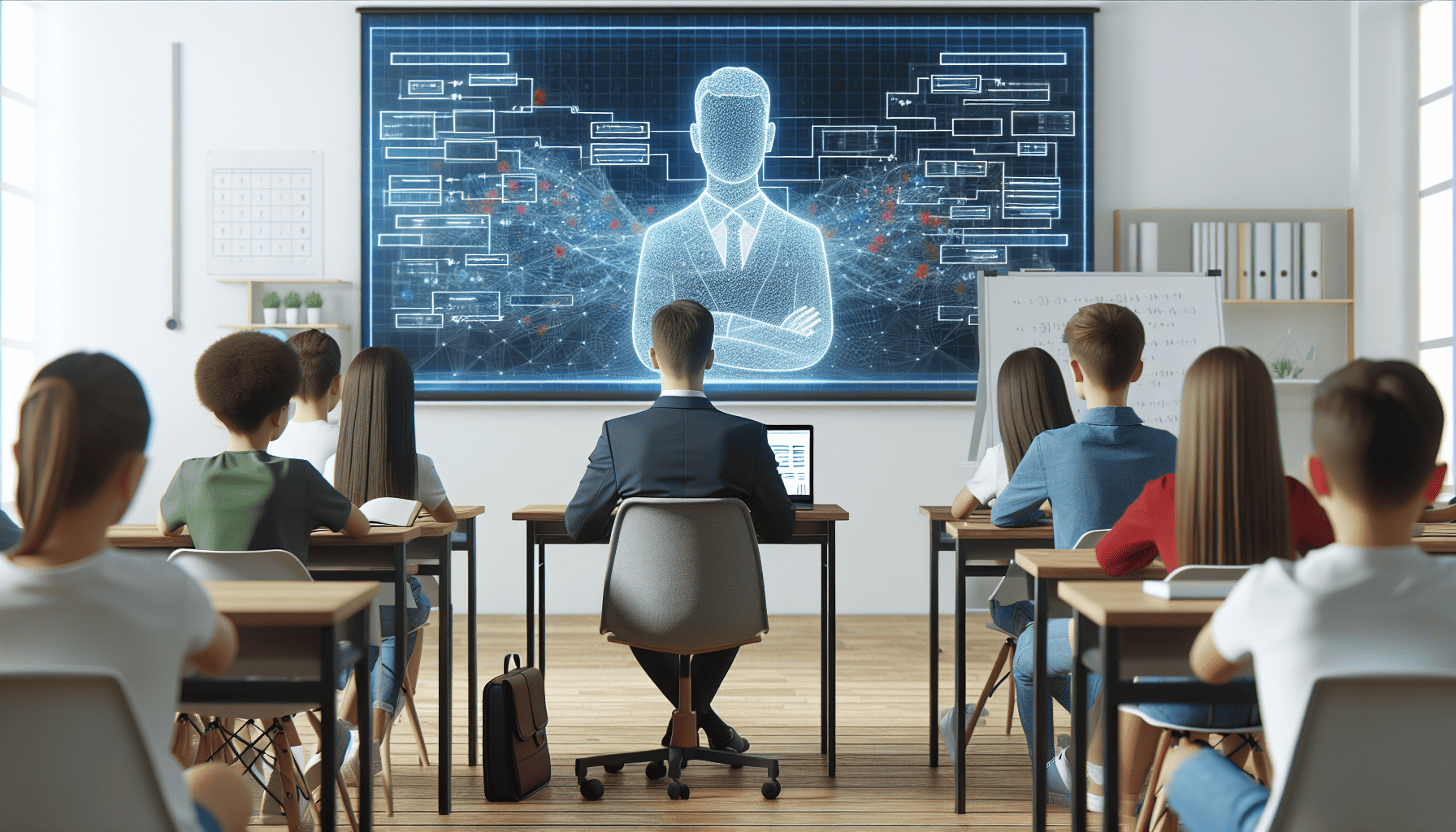The world of education is on the brink of a revolution driven by artificial intelligence (AI). As AI technology continues to evolve, it is being increasingly integrated into educational systems, offering new techniques that are transforming the way we learn, teach, and interact with educational content. These innovative methods and technologies are poised to redefine educational experiences, making learning more personalized, efficient, and accessible.
One of the most promising advancements in AI-based education is personalized learning. AI algorithms can analyze a student's learning style, pace, and comprehension level to tailor educational content to their specific needs. This ensures that each student receives customized instruction that helps them grasp complex concepts more effectively. For instance, AI-powered tutoring systems can adapt in real-time, offering additional resources or simplifying explanations based on a student's performance and preferences.
Adaptive learning platforms are another cutting-edge technique that leverages AI to create dynamic learning environments. These platforms use data-driven insights to adjust the difficulty of tasks, track progress, and provide targeted interventions. By continuously analyzing a student's responses and adjusting the curriculum accordingly, adaptive learning platforms help maintain engagement and motivation, offering a more interactive and responsive educational experience than traditional methods.
AI has also made strides in automating administrative tasks, freeing up valuable time for educators to focus on teaching rather than paperwork. With AI tools, tasks such as grading, attendance tracking, and even lesson planning can be streamlined, enhancing efficiency and reducing the administrative burden on teachers. This not only benefits educators by allowing them to spend more time on individualized student support but also improves the overall classroom environment.
Language processing technologies powered by AI are facilitating new methods of learning, particularly in language acquisition and literacy education. Tools that leverage natural language processing (NLP) can assist students in improving their reading and writing skills by providing instant feedback on grammar, style, and comprehension. These tools can engage students in interactive dialogue, simulating real-world communication and enhancing their ability to use language practically.
Moreover, AI-driven virtual tutoring and mentorship are breaking down geographical barriers, making educational support more accessible. AI platforms can connect learners with virtual tutors 24/7, providing immediate assistance and feedback. This is particularly beneficial in regions with limited access to quality education resources, enabling students to learn at their own pace and according to their schedule.
Furthermore, immersive technologies such as virtual reality (VR) and augmented reality (AR), powered by AI, are bringing abstract concepts to life. Students can explore complex subjects, such as human anatomy or astrophysics, in a hands-on virtual environment. This method not only makes learning more engaging but also helps students to better understood and retain information by experiencing it in a visually intuitive manner.
Challenges remain in integrating AI fully into education, particularly concerning data privacy, ethical considerations, and ensuring equal access. Nonetheless, the pace of technological advancements and the continuous refinement of AI systems offer promising solutions.
In conclusion, AI-based education techniques are reshaping the educational landscape, offering innovative tools and methods that enhance and personalize the learning experience. By harnessing the power of AI, education is becoming more inclusive, engaging, and effective, heralding a new era that prioritizes the unique needs and potential of every learner. As these technologies continue to evolve, they hold immense promise for the future of education, ultimately preparing students more comprehensively for the demands of the ever-changing world.
